Savoir Adore: Coming to Terms with ‘The Love That Remains’
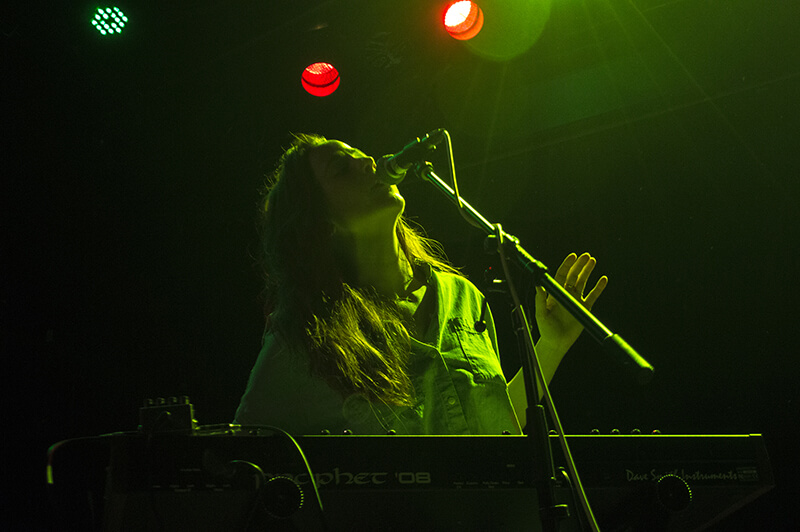

 Paul Hammer met Deidre Muro in a songwriting club at NYU. The aspiring musicians were both frustrated by the limitations of the classic singer-songwriter model, one that relied so heavily on the acoustic guitar. “The brain is weird with songwriting,” Hammer told me over the phone. “Sometimes when I sit down with a guitar, I have too many expectations of what I’m going to do with my hands, so I just write the same thing over and over again.” Hammer and Muro decided to look beyond the instrument and explore other means of inspiration. While still in college, the duo took a weekend to record at Hammer’s family’s home, giving themselves just one rule: no acoustic guitars. Those sessions eventually became the first Savoir Adore record.
Paul Hammer met Deidre Muro in a songwriting club at NYU. The aspiring musicians were both frustrated by the limitations of the classic singer-songwriter model, one that relied so heavily on the acoustic guitar. “The brain is weird with songwriting,” Hammer told me over the phone. “Sometimes when I sit down with a guitar, I have too many expectations of what I’m going to do with my hands, so I just write the same thing over and over again.” Hammer and Muro decided to look beyond the instrument and explore other means of inspiration. While still in college, the duo took a weekend to record at Hammer’s family’s home, giving themselves just one rule: no acoustic guitars. Those sessions eventually became the first Savoir Adore record.

Savoir Adore, now an electro-pop mainstay based in New York, have continued to maintain their nontraditional approach to composition. In spite of their electronic tilt, the band’s music sounds largely organic. It’s buoyant and rich, with both the intimate aesthetic of the singer-songwriter and the complex arrangements afforded by synthesizers and digital audio workstations. Hammer and Muro sustained that balance through several EPs and two full-lengths. Then, in 2014, Muro left the band.

Savoir Adore had experienced lineup changes before, but the two founders had always remained at its helm. After Muro’s departure, Hammer was forced to return to the roots of the project, left wondering how to proceed. Eventually he followed the same formula that he always had, one that had worked time and time again: record demos, step outside the comfort zone of an acoustic guitar, and find complementary collaborators. The resulting sound of his efforts, heard in new single, “Giants”, is both new and decidedly still Savoir Adore.
The track prefaces the first-ever release without Muro, a third full-length album titled, The Love That Remains—forthcoming on August 12. Hammer talked to me at length about the development of the new record. We also discussed Prince, the new- look Savoir Adore, and coming to terms with change.
So what’s your music background? What led you to make the music that you’re making now?
P. I had an interesting environment growing up because my dad was a composer and a musician. It was very nurturing and very inspiring on the music side of things, but my dad was very cautious with me to consider music as a career. So my childhood instilled in me this sense of respect and love for music, and in really diving into it as an art form and as a way of life. But, also, I remember very clearly: when I started writing songs, my dad was like, ‘go to college, be a doctor, get a liberal arts education’ [laughs]. In a way, it was sort of impossible for me to ignore what had been rooted in me from the start. And we had a studio at home, so I learned recording and recording techniques and stuff when I was 14, and I think that’s what informed me even more when I started Savoir; it was a studio project more than anything else. And that wouldn’t have been the case if I hadn’t had that studio home life growing up.
What kind of composer is your dad?
P. He was a jazz pianist for years. He did a lot of fusion stuff, and then he wrote for TV shows and films and stuff. The biggest thing he did was Miami Vice in the ‘80s.
So what kind of music were you listening to then?
P. My dad taught me a lot of stuff growing up. He used to play his music and I would play drums along to it – which was actually my first instrument. So I have these very early memories of listening to this fairly heavy electronic synth music. But on the other hand, my parents are the biggest Beatles fans I know, so it was alternating between my dad’s music and the Beatles. My earliest memory, though, was Prince. My mom had a cassette of Purple Rain that we’d listen to every day on the way to school. So there really wasn’t much variety – it was pretty much Prince, my dad (Jan Hammer), and the Beatles.
Can you talk about how you felt when Prince died?
P. It was awful, and it was a definitely a surprise. I was actually on tour with another band a month before and, weirdly enough, we ended up playing a show in San Francisco at the Great American Music Hall and our tour manager got a call that Prince was going to do his after party there. They ended up letting us stay and watch Prince do a short set, which was about a month before he died. It was weird because, often when artists pass away, you go back through their catalog, but because of that show, I was already in the middle of getting back into Prince again. We did a cover of “I Would Die 4 U” for three years. It was always our encore cover/closer, and it’s also my karaoke song. It’s just a really difficult thing to think about, just going back and remembering what a huge impact he had on so much modern electronica and pop, especially personally.

How did [your initial ‘no acoustic guitar’ rule] inform everything that came after that first record?
P. It was huge because it really taught us to constantly try things. We would throw ourselves on instruments we weren’t comfortable with and then basically jam until we made something that sounded cool. And then we would take that idea, cut it up, and then build the song on top of that. It really wasn’t until this new record – maybe a couple on the last record – where either of us sat down with an acoustic guitar and wrote again. We did end up putting acoustic guitars on a bunch of songs later, but naturally you come up with different ideas when you mess with yourself. It really affected our sound, especially for the first record. Now, most of the times I write a song, I start with some kind of synth arpeggiator and then from there I’ll write a bass line against it. And that really all started with that first experiment, because that’s not really a common way to write a song – at least in the traditional sense – and we’ve been doing that ever since.
I’ve always liked the idea of limiting yourself intentionally – I think it can do some really cool things to your creativity.
P. Oh yeah. It’s really good, and that was almost the biggest challenge to me writing this new record. All of a sudden, especially stepping back and having time, I almost had too many options. Now I have this streamlined studio in New York where I have just what is to the left and right of me – one bass, one electric, one acoustic – and it sort of works really well.
Deidre left the band in 2014. When Savoir Adore changed, did you intentionally steer [the new sound] in any certain direction?
P. I would say that I didn’t steer it at all; I kind of did the opposite. I basically did what we did at the start where I just wrote a ton of different demos and slowly figured out what kind of music I wanted to make now, which still ends up sounding like Savoir because that’s what I do. I produced and played all the parts on the previous records and it ended up falling in the same world, but over time it ended up becoming more of a rock record. I didn’t want to overthink the final product without writing some songs first, and then honestly a lot of it was a result of the collaborations. I knew I wanted to follow a similar process, which is that I would start these little instrumental ideas and then collaborate with other artists and other singers that I was admiring. That’s how I ended up meeting Lauren [Zettler], who’s now singing in the band. I was like, ‘let’s write together and see what happens,’ and we ended up writing “Giants” together, which is now our new single, and from there I sort of developed a nice creative process that I ended up diving into for a year.
…It almost helps that the band has changed so many times, in terms of different band members. This is the third or fourth iteration. You watch an old music video now and literally I’m the only person in it that’s still in the band. On a personal level it’s kind of strange, but people are listening to the music, and even at shows, people would come up but no one would say, ‘what happened to this person?’ It’s kind of interesting. At the end of the day, people are connected to the music. It’s been a really comforting experience getting back out and touring and realizing everything’s going to be ok.
—
Original Photography for Frontrunner Magazine by Sean Sirota from Savoir Adore Live @ Bowery Ballroom. April 30, 2016. All Rights Reserved.

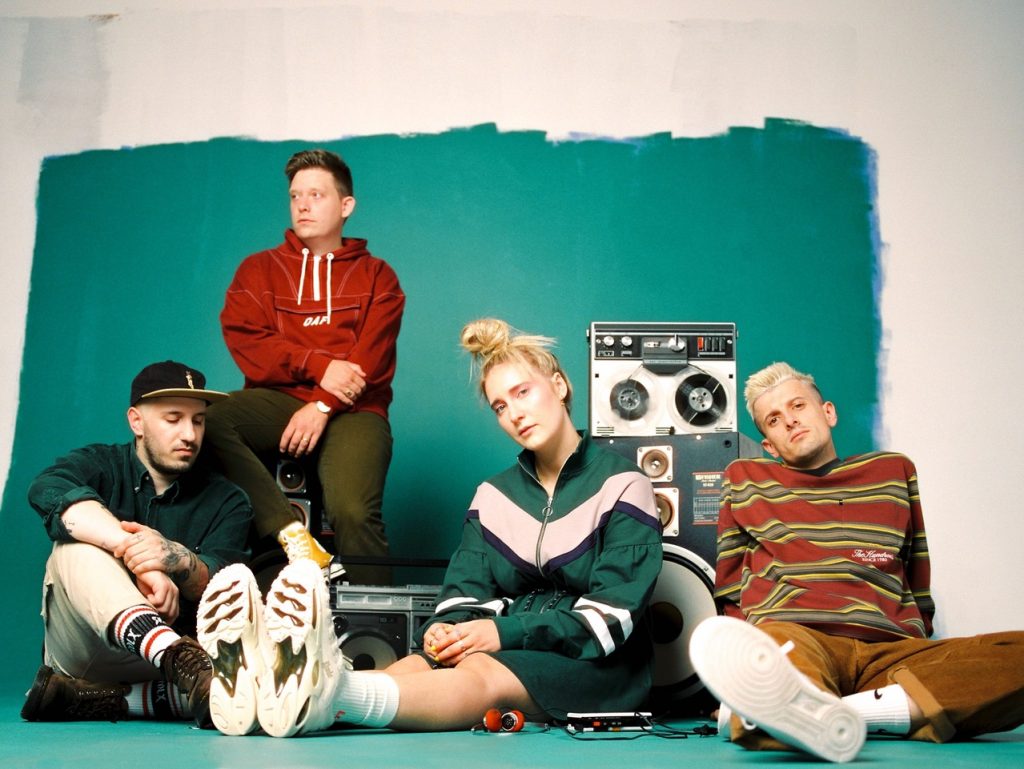
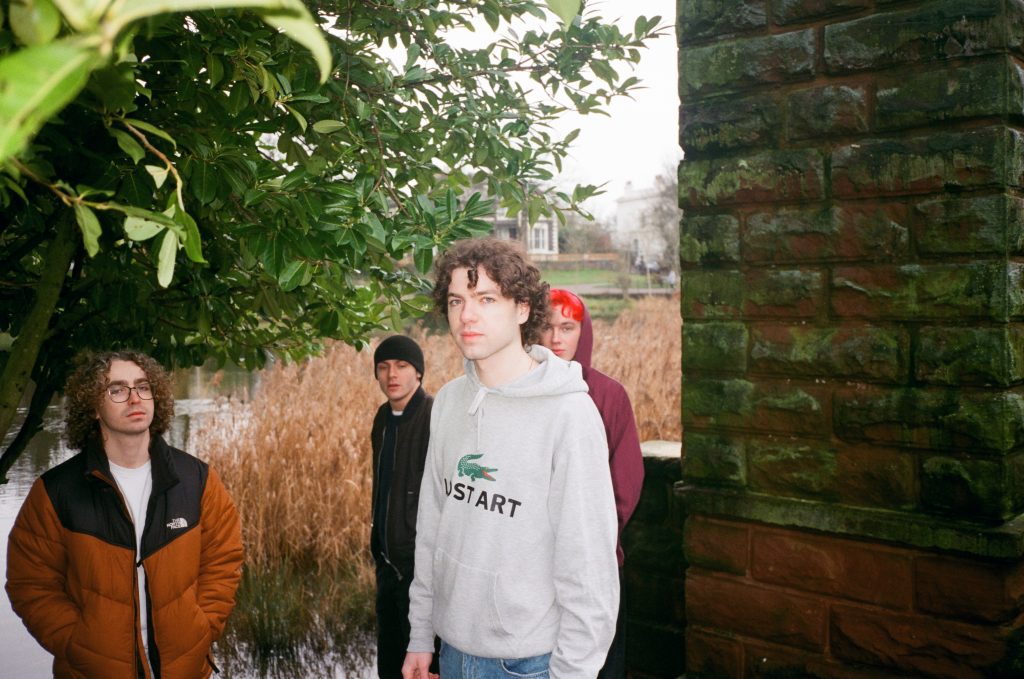
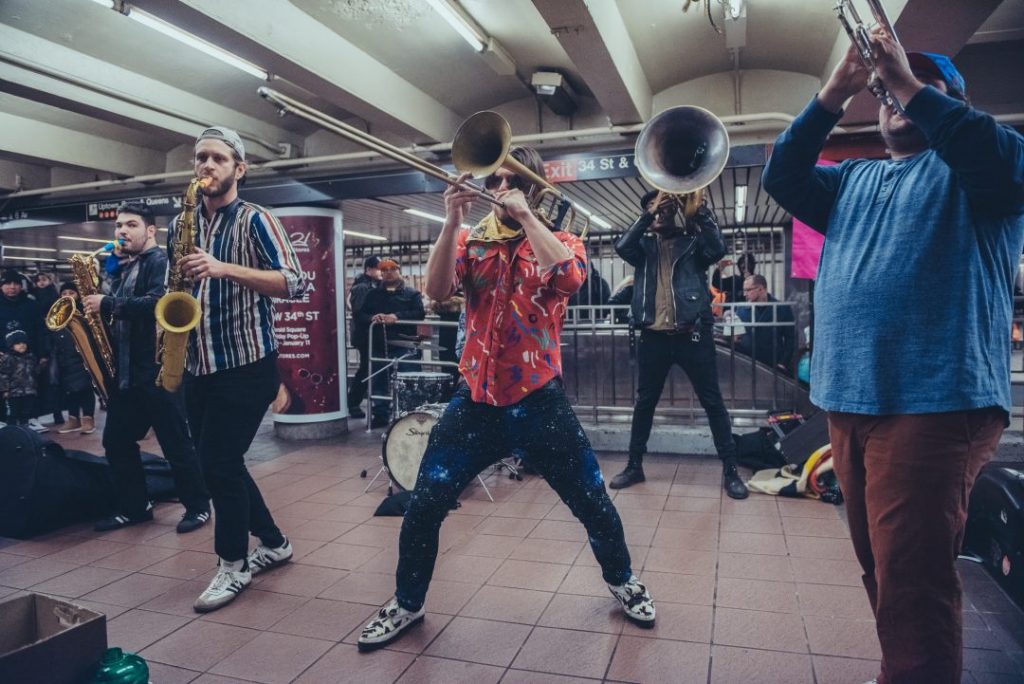
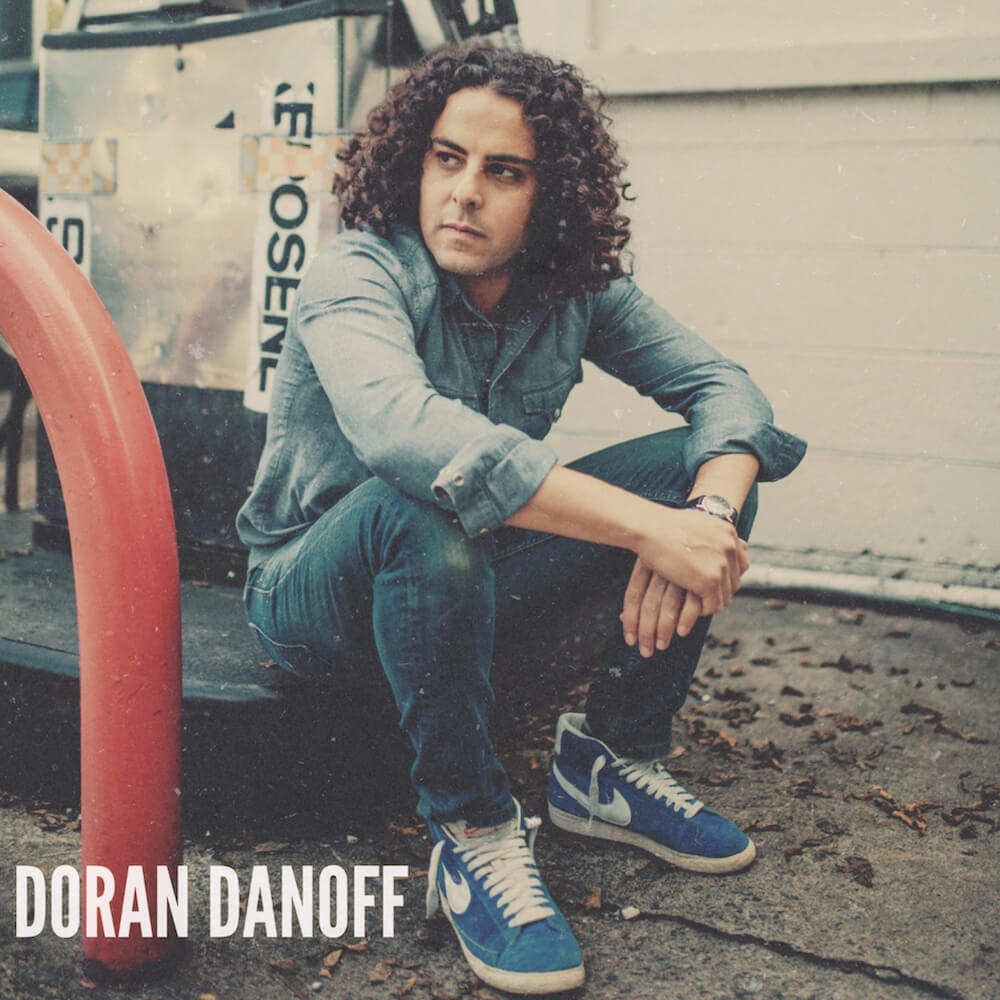
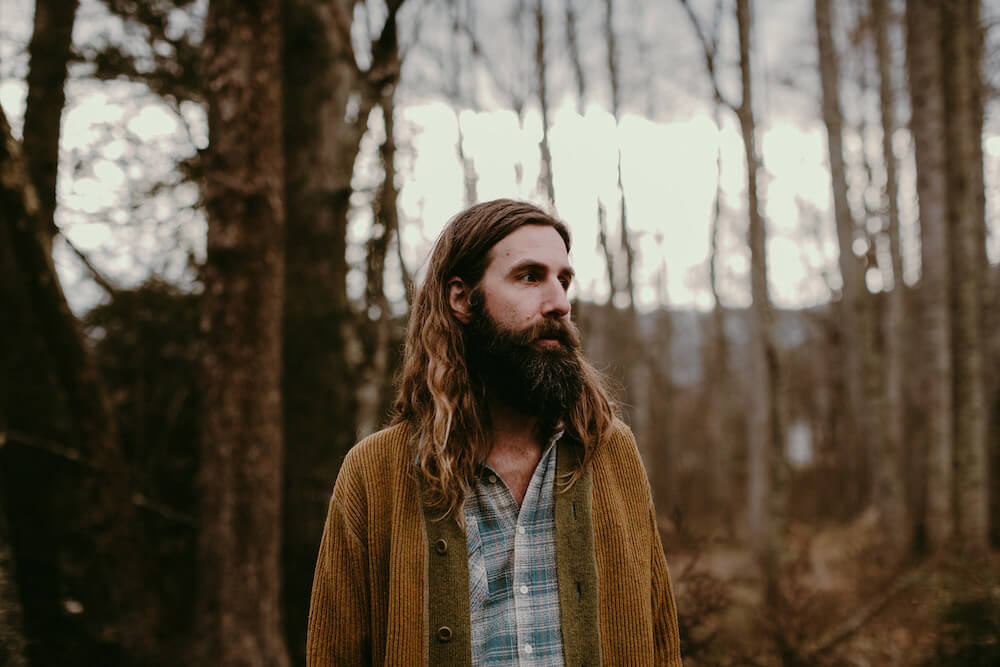
Responses